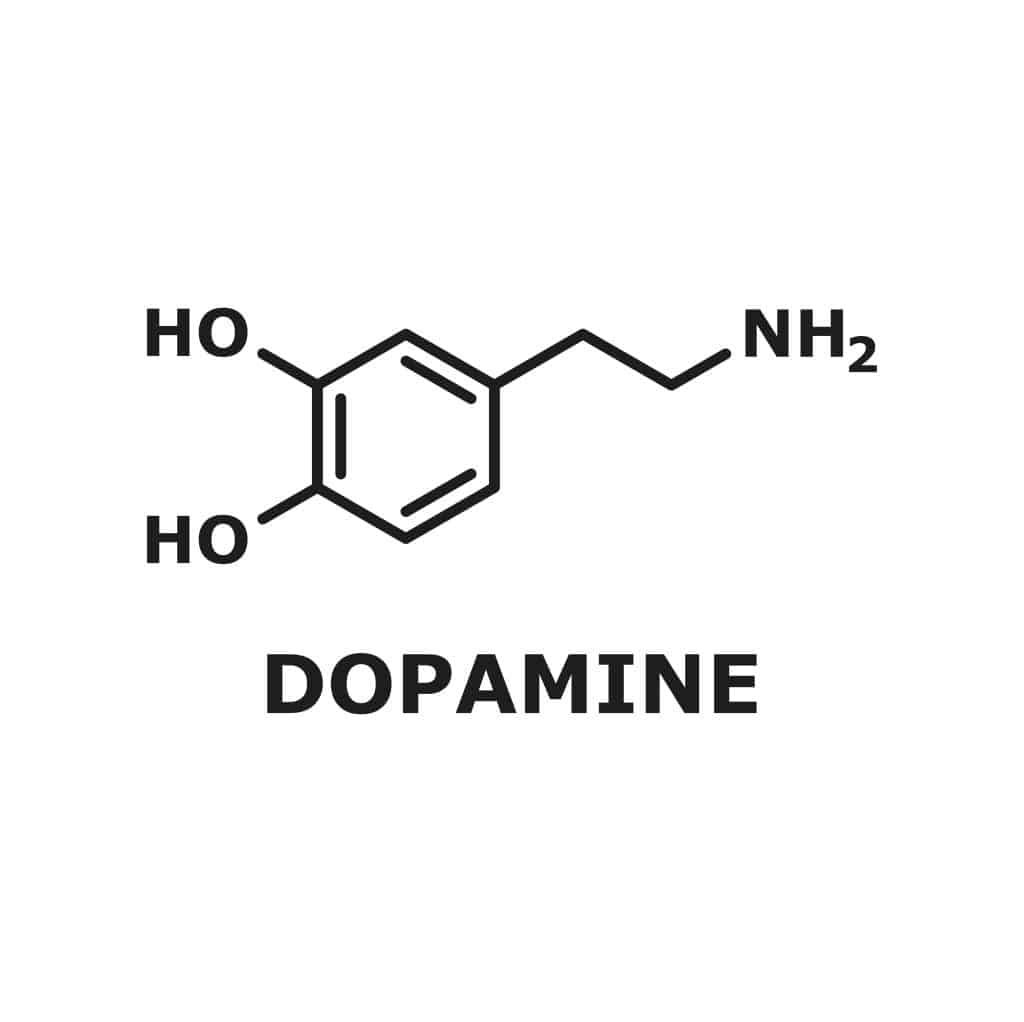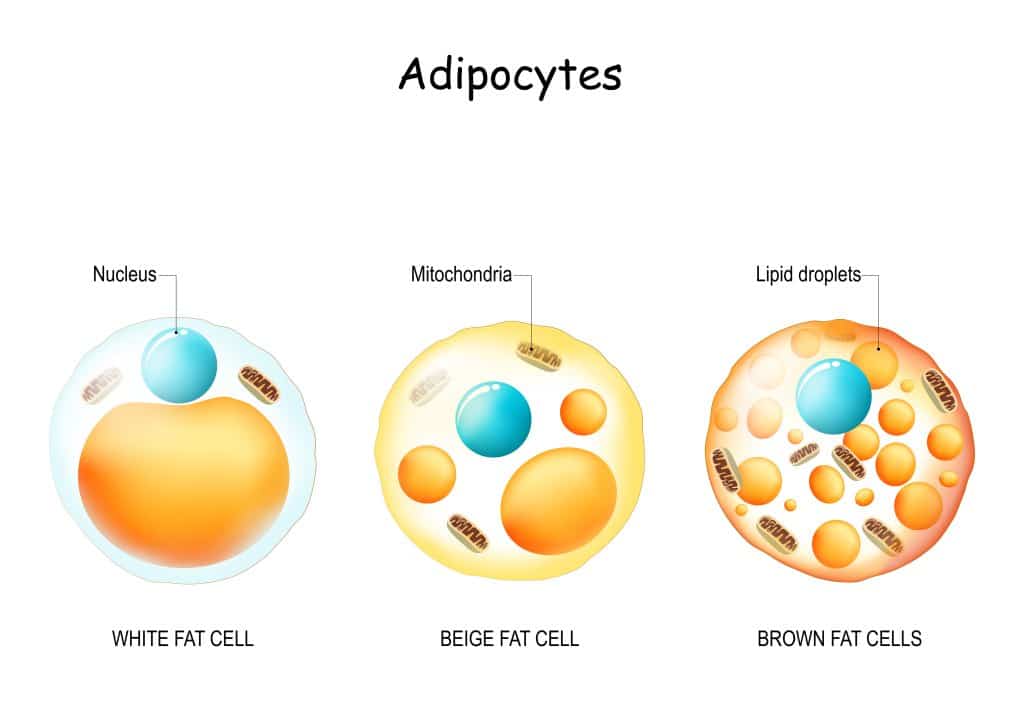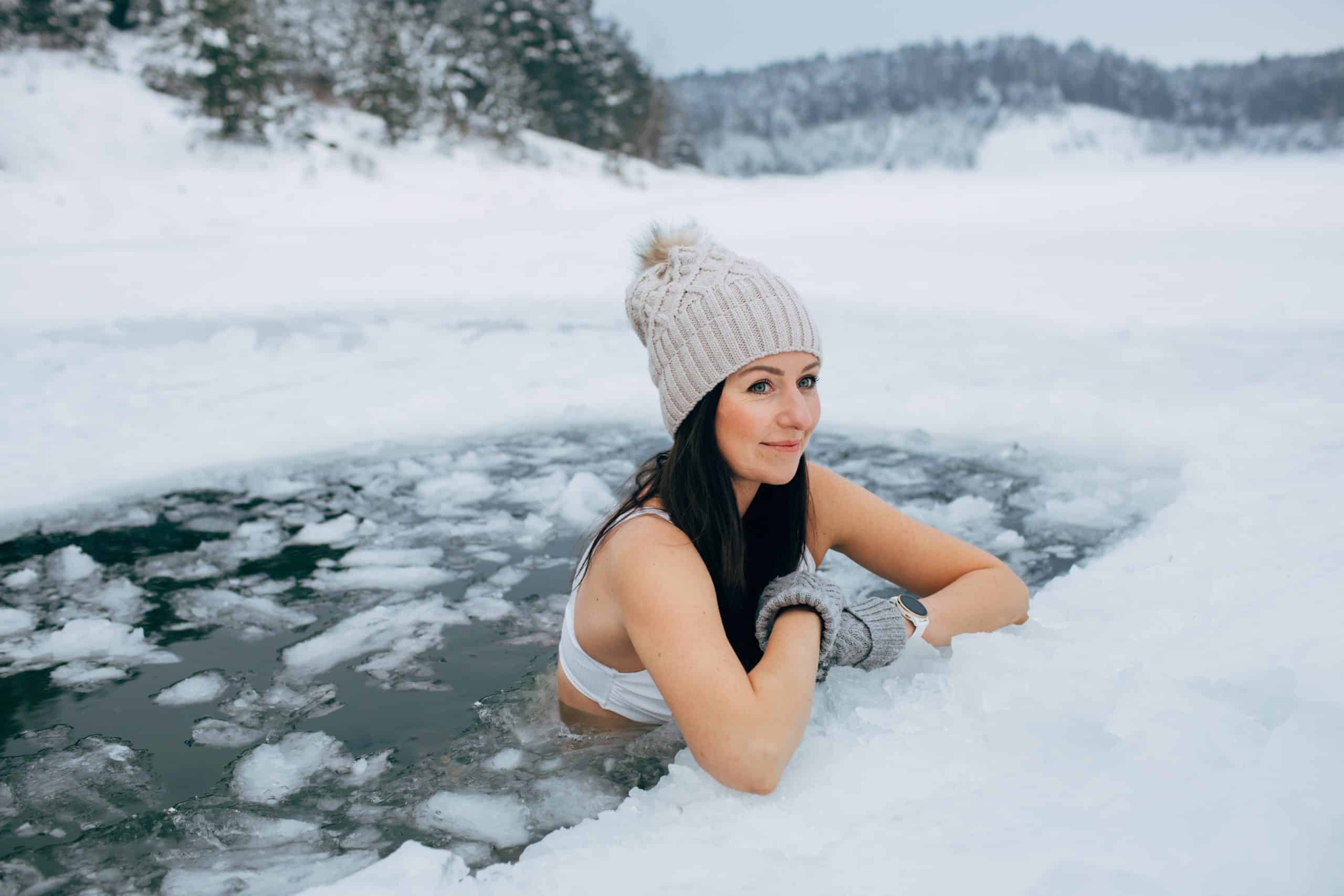Health Benefits Of Cold Exposure – How Cold Water Exposure Can Improve Our Health
Exposing our bodies to cold temperatures has been a popular practice for centuries, as the health benefits of cold exposure have long been known. From reducing inflammation to boosting immune function, the benefits of cold exposure are numerous. One of the main ways that cold exposure improves our health is by activating our sympathetic nervous system and triggering the release of adrenaline and endorphins.
Another surprising benefit of cold exposure is its ability to improve mental health. Cold water immersion can help reduce symptoms of depression and anxiety, as well as improve overall mental clarity and focus.
In addition, cold exposure has been linked to increased production of brown fat in the body. Unlike white fat, which stores energy, brown fat helps burn calories and generate heat. This can lead to weight loss and improved metabolism over time.
Health Benefits Of Cold Exposure – Decreased Inflammation
One of the most well-known health benefits of cold exposure is its ability to decrease inflammation in the body. Inflammation is a natural response by the immune system to injury or infection. However, chronic inflammation can lead to various health issues such as heart disease. Cold exposure has been shown to reduce inflammation by activating the body’s natural anti-inflammatory response.
One of the ways cold exposure decreases inflammation is by stimulating the production of cytokines, which are proteins that regulate immune response. These cytokines help to reduce inflammation and promote healing in the body. Additionally, cold exposure has been found to increase the activity of white blood cells, which are responsible for fighting off infections and reducing inflammation.
Cold exposure also triggers the release of endorphins, which are neurotransmitters that act as natural painkillers and mood boosters. Endorphins have anti-inflammatory properties and can help to alleviate symptoms of chronic inflammation.1
Read more about inflammation.
Health Benefits Of Cold Exposure – Improved Immune System Function
One of the most notable health benefits of cold exposure is its ability to improve immune system function. When the body is exposed to cold, it activates a response known as ‘cold shock’, which triggers an increase in the production of anti-inflammatory cytokines and white blood cells. These are essential components of the immune system that help fight off infections and diseases.
In addition, cold exposure has been shown to increase the levels of natural killer cells in the body. These specialized immune cells play a crucial role in identifying and destroying viruses. Therefore, by regularly exposing ourselves to cold temperatures, we can strengthen our immune system and lower the risk of developing illnesses.2 3
Health Benefits Of Cold Exposure – Increased Catecholamine Production
Cold exposure is known to increase catecholamine production. Catecholamines are hormones that play a crucial role in our body’s response to stress and overall physiological well-being.
When exposed to cold temperatures, our bodies go into survival mode and produce more catecholamines such as adrenaline and noradrenaline. These hormones increase heart rate, blood pressure, and energy production to help us cope with the cold.
But apart from helping us survive in a cold environment, increased catecholamine production also has many other health benefits.4
Health Benefits Of Cold Exposure – Increased Dopamine Production
Dopamine is a neurotransmitter that plays a vital role in the brain and body. It is commonly known as the “feel-good” chemical, responsible for feelings of pleasure, motivation, and reward. When dopamine levels are low, it can lead to various health issues such as depression, and anxiety.
One surprising way to increase dopamine production in the body is through cold exposure. When we expose our bodies to cold temperatures, it triggers a release of dopamine in the brain. Increased dopamine levels lead to improved mood and decreased symptoms of depression and anxiety.
Cold exposure has been used as a natural treatment for these mental health issues and studies have shown promising results. Cold therapy has been found to be just as effective as antidepressant medication in increasing dopamine levels and improving mood.5
In addition to its effects on mental health, increased dopamine production from cold exposure also has physical benefits. Dopamine is important for motor function and coordination, making it essential for athletes and those looking to improve their physical performance.6

Health Benefits Of Cold Exposure – No Increase In Cortisol Levels
Apart from increasing the body’s metabolic activity and boosting the immune system, regular exposure to cold temperatures surprisingly does not increase in cortisol levels. Cortisol is known as the stress hormone, which is released by the body in response to stress or danger. It plays an important role in regulating metabolism, blood sugar levels, and inflammation.
When our bodies are exposed to cold temperatures, they experience a form of stress. However, unlike other forms of stress, such as emotional or mental stress, the body’s response to cold exposure does not lead to an increase in cortisol levels.
In fact, studies have shown that regular exposure to cold temperatures can actually decrease cortisol levels over time. This is because when the body is exposed to cold, it activates the sympathetic nervous system, which in turn triggers the release of endorphins, reducing stress and promoting relaxation.7
Health Benefits Of Cold Exposure – Improved Mental Performance
There are a number of health benefits of cold exposure that are rarely discussed, especially when it comes to mental performance. One of the main ways in which cold exposure helps with mental performance is by increasing alertness and focus. When exposed to cold temperatures adrenaline and noradrenaline sharpen our focus and concentration.8 9
Cold exposure also has a positive impact on our cognitive function, including memory and learning. Studies have shown that when exposed to cold temperatures, our brain’s activity increases, leading to improved memory retention and faster learning. This could be due to the increased production of noradrenaline, which plays a crucial role in memory formation and recall.10
Health Benefits Of Cold Exposure – Shivering Results In Succinate Excretion
One fascinating health benefit of cold exposure that has recently been discovered is its ability to result in succinate excretion through shivering. Succinate is an organic compound that plays a critical role in cellular metabolism and energy production. Studies have shown that when we shiver due to exposure to cold temperatures, there is an increase in succinate excretion in our urine, which can help improve overall metabolic health.11

Health Benefits Of Cold Exposure – Increased Metabolism
When the body is exposed to cold temperatures, it has to work harder to maintain its core temperature. This extra effort requires energy, which is provided by the breakdown of fat cells. As a result, cold exposure can lead to an increase in the body’s metabolic rate, helping with weight loss.
In addition to promoting fat metabolism, cold exposure also has been shown to increase levels of brown adipose tissue (BAT) in the body. Studies have shown that individuals with a higher percentage of BAT tend to have a faster metabolism and are less likely to be overweight or obese.12
Furthermore, cold exposure has been linked to increased levels of adiponectin, a hormone that plays a role in regulating metabolism. Higher levels of adiponectin have been associated with lower body fat percentage.13
Health Benefits Of Cold Exposure – Increased Brown Fat Thermogenesis
One of the main reasons why cold exposure is beneficial for our bodies is its ability to increase brown fat thermogenesis. Brown fat has higher levels of mitochondria, which are responsible for producing energy in the form of heat. Unlike white fat, which stores excess energy in the body, brown fat actually burns energy to generate heat and keep the body warm.
When we are exposed to cold temperatures, our bodies activate our brown fat reserves as a way to regulate our body temperature. This process, known as thermogenesis, helps to burn calories and can contribute to weight loss over time. Additionally, brown fat thermogenesis has been linked to improvements in insulin sensitivity and glucose metabolism.
Furthermore, research has shown that regular exposure to cold temperatures can actually increase the amount of brown fat in our bodies. This is because cold exposure stimulates the production of a protein called irisin, which has been found to convert white fat into brown fat. This means that by simply exposing ourselves to colder temperatures, we can potentially increase our body’s ability to burn energy and improve overall metabolic health.
Aside from its impact on weight management and metabolism, brown fat thermogenesis also has other health benefits. Studies have shown that activating our brown fat reserves through cold exposure can help to reduce inflammation in the body, improve cardiovascular health, and even enhance immune function.14

Health Benefits Of Cold Exposure – Aim For 11 Minutes Of Cold Immersion Weekly
Experts suggest aiming for 11 minutes of cold immersion per week in three sessions broken down into 1-2 minute increments.14 This can be achieved through sitting in a cold bath ideally, taking cold showers, or even going for a dip in an outdoor body of water.
Health Benefits Of Cold Exposure – How Cold Water Exposure Can Improve Our Health
People have been using cold water exposure for therapeutic purposes for centuries due to the health benefits of cold exposure. The science is backing up these health benefits, from boosting our immune system to improving our mental health, cold water immersion offers numerous advantages for our overall well-being.
Read more about intermittent fasting.
References
1 Leppäluoto J, Westerlund T, Huttunen P, Oksa J, Smolander J, Dugué B, Mikkelsson M. Effects of long-term whole-body cold exposures on plasma concentrations of ACTH, beta-endorphin, cortisol, catecholamines and cytokines in healthy females. Scand J Clin Lab Invest. 2008;68(2):145-53. doi: 10.1080/00365510701516350. PMID: 18382932.
2 Solianik R, Skurvydas A, Vitkauskienė A, Brazaitis M. Gender-specific cold responses induce a similar body-cooling rate but different neuroendocrine and immune responses. Cryobiology. 2014 Aug;69(1):26-33. doi: 10.1016/j.cryobiol.2014.04.015. Epub 2014 May 6. PMID: 24809633.
3 Janský L, Pospísilová D, Honzová S, Ulicný B, Srámek P, Zeman V, Kamínková J. Immune system of cold-exposed and cold-adapted humans. Eur J Appl Physiol Occup Physiol. 1996;72(5-6):445-50. doi: 10.1007/BF00242274. PMID: 8925815.
4 Vybíral S, Lesná I, Jansky L, Zeman V. Thermoregulation in winter swimmers and physiological significance of human catecholamine thermogenesis. Exp Physiol. 2000 May;85(3):321-6. PMID: 10825419.
5 Srámek P, Simecková M, Janský L, Savlíková J, Vybíral S. Human physiological responses to immersion into water of different temperatures. Eur J Appl Physiol. 2000 Mar;81(5):436-42. doi: 10.1007/s004210050065. PMID: 10751106.
6 Dupuy O, Douzi W, Theurot D, Bosquet L, Dugué B. An Evidence-Based Approach for Choosing Post-exercise Recovery Techniques to Reduce Markers of Muscle Damage, Soreness, Fatigue, and Inflammation: A Systematic Review With Meta-Analysis. Front Physiol. 2018 Apr 26;9:403. doi: 10.3389/fphys.2018.00403. PMID: 29755363; PMCID: PMC5932411.
7 Shida A, Ikeda T, Tani N, Morioka F, Aoki Y, Ikeda K, Watanabe M, Ishikawa T. Cortisol levels after cold exposure are independent of adrenocorticotropic hormone stimulation. PLoS One. 2020 Feb 18;15(2):e0218910. doi: 10.1371/journal.pone.0218910. PMID: 32069307; PMCID: PMC7028257.
8 Falla M, Micarelli A, Hüfner K, Strapazzon G. The Effect of Cold Exposure on Cognitive Performance in Healthy Adults: A Systematic Review. Int J Environ Res Public Health. 2021 Sep 15;18(18):9725. doi: 10.3390/ijerph18189725. PMID: 34574649; PMCID: PMC8470111.
9 Shevchuk NA. Adapted cold shower as a potential treatment for depression. Med Hypotheses. 2008;70(5):995-1001. doi: 10.1016/j.mehy.2007.04.052. Epub 2007 Nov 13. PMID: 17993252.
10 Falla M, Micarelli A, Hüfner K, Strapazzon G. The Effect of Cold Exposure on Cognitive Performance in Healthy Adults: A Systematic Review. Int J Environ Res Public Health. 2021 Sep 15;18(18):9725. doi: 10.3390/ijerph18189725. PMID: 34574649; PMCID: PMC8470111.
11 Wang Z, Ning T, Song A, Rutter J, Wang QA, Jiang L. Chronic cold exposure enhances glucose oxidation in brown adipose tissue. EMBO Rep. 2020 Nov 5;21(11):e50085. doi: 10.15252/embr.202050085. Epub 2020 Oct 12. PMID: 33043581; PMCID: PMC7645266.
12 Huo C, Song Z, Yin J, Zhu Y, Miao X, Qian H, Wang J, Ye L, Zhou L. Effect of Acute Cold Exposure on Energy Metabolism and Activity of Brown Adipose Tissue in Humans: A Systematic Review and Meta-Analysis. Front Physiol. 2022 Jun 28;13:917084. doi: 10.3389/fphys.2022.917084. PMID: 35837014; PMCID: PMC9273773.
13 Goropashnaya AV, Herron J, Sexton M, Havel PJ, Stanhope KL, Plaetke R, Mohatt GV, Boyer BB. Relationships between plasma adiponectin and body fat distribution, insulin sensitivity, and plasma lipoproteins in Alaskan Yup’ik Eskimos: the Center for Alaska Native Health Research study. Metabolism. 2009 Jan;58(1):22-9. doi: 10.1016/j.metabol.2008.09.002. PMID: 19059527; PMCID: PMC2629667.
14 Søberg S, Löfgren J, Philipsen FE, Jensen M, Hansen AE, Ahrens E, Nystrup KB, Nielsen RD, Sølling C, Wedell-Neergaard AS, Berntsen M, Loft A, Kjær A, Gerhart-Hines Z, Johannesen HH, Pedersen BK, Karstoft K, Scheele C. Altered brown fat thermoregulation and enhanced cold-induced thermogenesis in young, healthy, winter-swimming men. Cell Rep Med. 2021 Oct 11;2(10):100408. doi: 10.1016/j.xcrm.2021.100408. PMID: 34755128; PMCID: PMC8561167.




